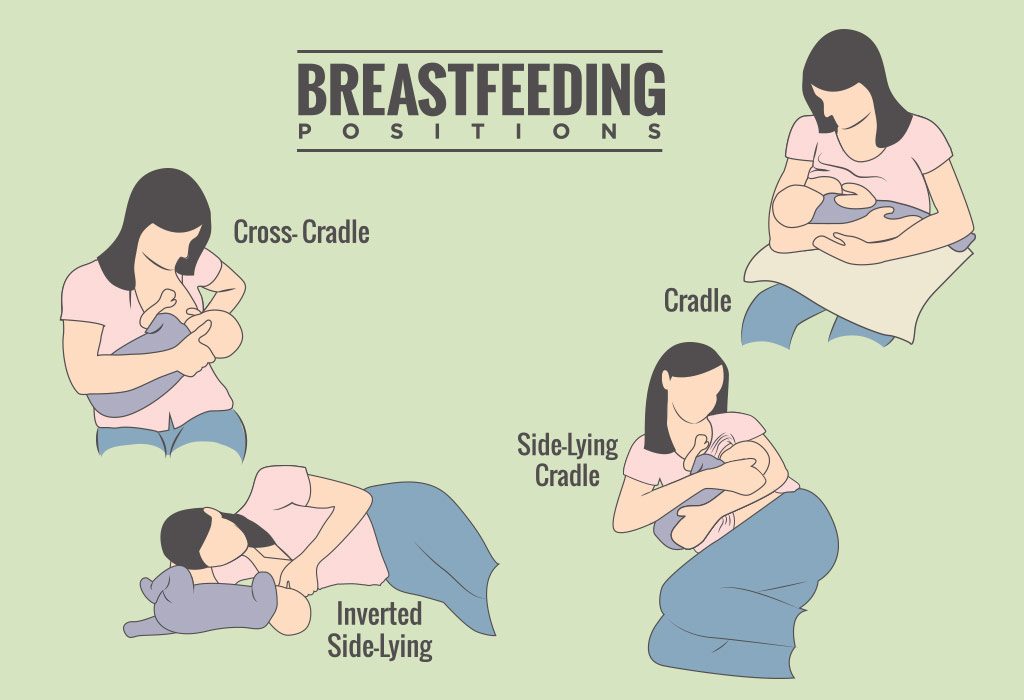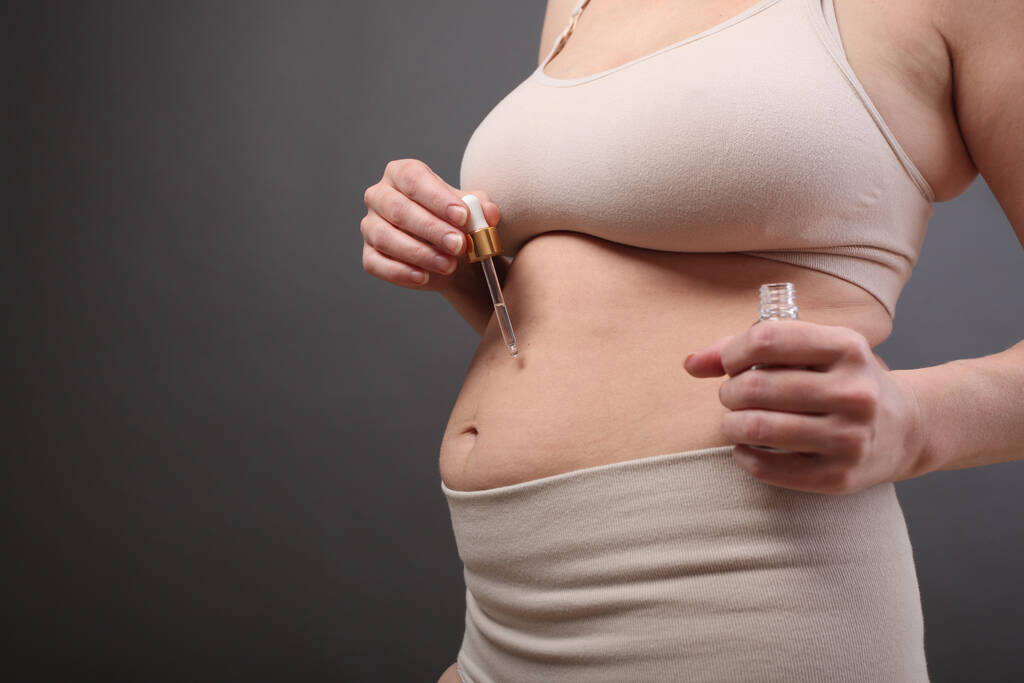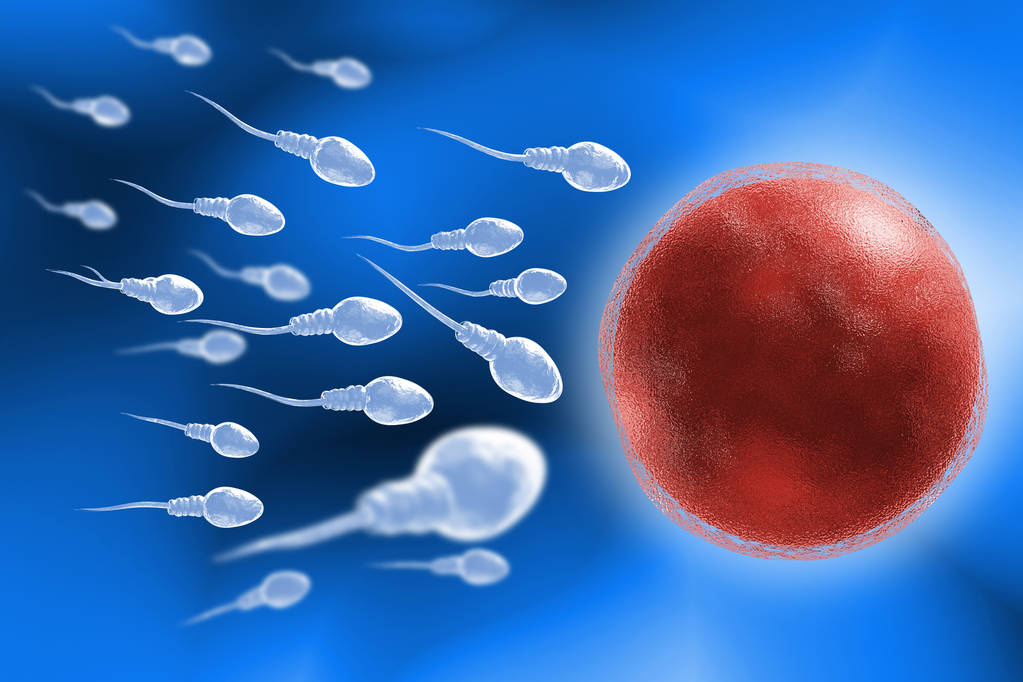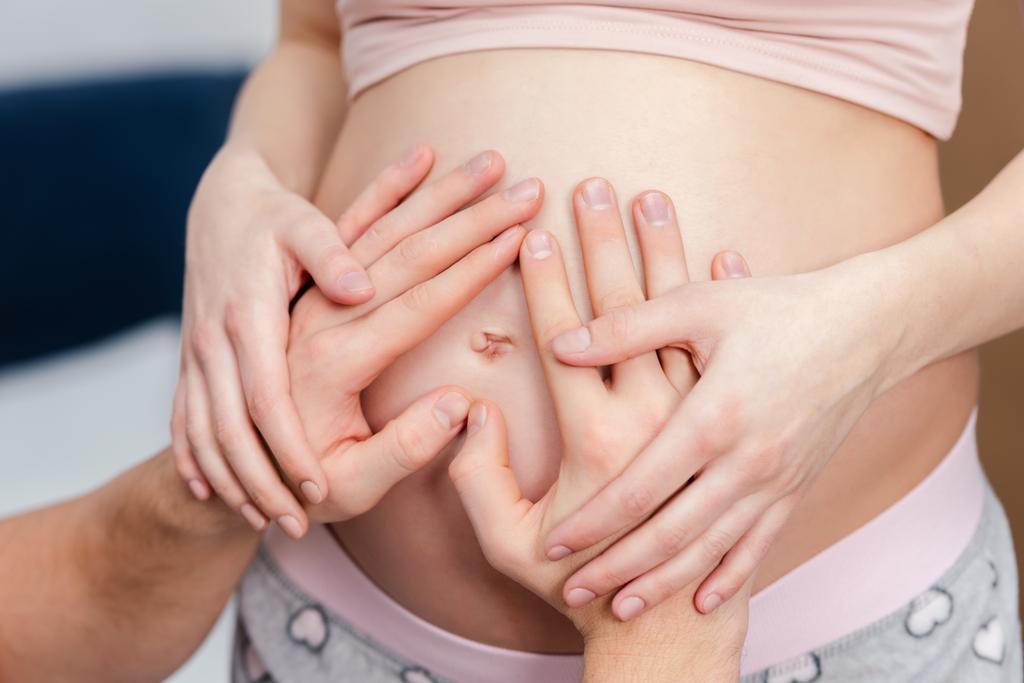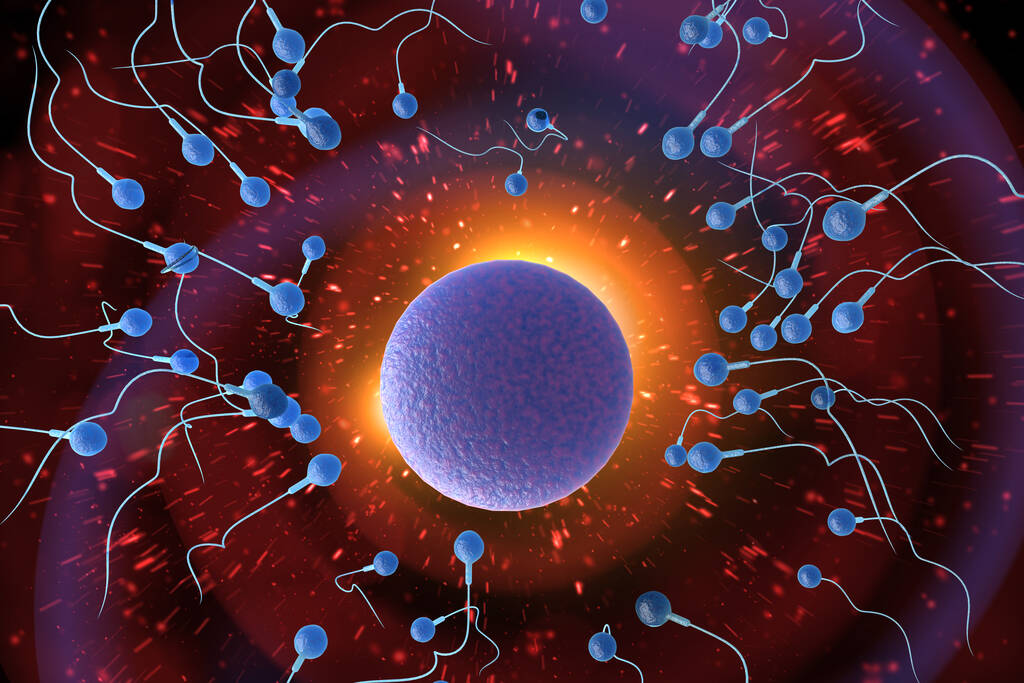Congratulations on the exciting news of your pregnancy! The first trimester marks the beginning of an incredible journey as your body undergoes significant changes to nurture and support the growth of your baby. In this comprehensive guide, we’ll explore the key aspects of the first trimester, from conception to the twelfth week, shedding light on the physical and emotional transformations you may experience.
1. Conception and Early Development: The Miracle Begins
The journey of pregnancy typically begins with conception. Conception occurs when a sperm fertilizes an egg, forming a single cell called a zygote. This tiny zygote holds the genetic information that will shape your baby’s unique characteristics. The zygote then undergoes a series of divisions, leading to the formation of a blastocyst.
Around the end of the first week, the blastocyst travels down the fallopian tube and reaches the uterus, where it undergoes implantation. Implantation is a crucial step where the blastocyst attaches itself to the uterine lining, signaling the start of pregnancy.
2. Rapid Cell Division and Early Embryonic Development: Weeks 2-4
During weeks 2-4, rapid cell division occurs, and the embryo begins to take shape. The inner cell mass develops into the embryo, while the outer cells form the amniotic sac and placenta. The primitive streak, which will later become the baby’s spine, also appears.
By the end of the first month, basic structures such as the neural tube, which eventually becomes the brain and spinal cord, begin to form. The heart starts beating, and the foundation for major organs and systems is established.
3. Hormonal Changes and Early Pregnancy Symptoms
As the embryo continues to develop, your body undergoes hormonal changes that are instrumental in sustaining the pregnancy. The key hormone during this phase is human chorionic gonadotropin (hCG), commonly known as the pregnancy hormone. Rising levels of hCG contribute to the detection of pregnancy on home pregnancy tests.
The first trimester is often accompanied by a range of early pregnancy symptoms, including:
- Morning Sickness: Nausea, and sometimes vomiting, is a common symptom, though it can occur at any time of the day.
- Fatigue: Increased levels of progesterone can lead to feelings of tiredness and the need for more rest.
- Breast Tenderness: Hormonal changes may cause the breasts to become tender and sensitive.
- Frequent Urination: The growing uterus can exert pressure on the bladder, leading to increased frequency of urination.
These symptoms vary from woman to woman, and not everyone experiences them. If you’re struggling with these symptoms, it’s essential to communicate with your healthcare provider for guidance and support.
4. Emotional Roller Coaster: Navigating Mood Swings
The hormonal fluctuations during the first trimester can contribute to mood swings and heightened emotions. It’s normal to feel a mix of excitement, anxiety, and anticipation. Adjusting to the idea of becoming a parent and the physical changes in your body can be both thrilling and challenging.
Open communication with your partner, friends, or a support system is crucial during this time. Sharing your feelings and experiences can provide emotional support and create a more connected and understanding environment.
5. Prenatal Care: Your First Checkup
Early and regular prenatal care is essential for monitoring the progress of your pregnancy and addressing any concerns that may arise. Typically, the first prenatal checkup occurs during the first trimester, around weeks 8-10. During this initial visit, your healthcare provider will:
- Confirm the pregnancy through a urine or blood test.
- Estimate your due date based on the date of your last menstrual period or an early ultrasound.
- Discuss your medical history, including any pre-existing conditions or medications.
- Perform a physical examination and check your blood pressure.
This visit is an opportunity to establish a relationship with your healthcare provider and gather essential information to ensure a healthy pregnancy journey.
6. Formation of Major Organs and Structures: Weeks 5-8
As you progress through the first trimester, the development of major organs and structures intensifies. Key milestones during weeks 5-8 include:
- Formation of Limb Buds: The baby’s arms and legs begin to take shape, forming limb buds.
- Facial Features Develop: Facial features such as the eyes, nose, and mouth become more defined.
- Heartbeat Detection: Around week 6, the baby’s heart is developed enough for its rhythmic beats to be detected using ultrasound.
- Embryo Becomes Fetus: At the end of the eighth week, the embryo is officially termed a fetus.
While these developments are happening internally, externally, your body may start to show signs of pregnancy. Some women notice a small baby bump, while others may experience changes in their breasts and skin.
7. Coping with Morning Sickness and Dietary Changes
Managing morning sickness and making dietary adjustments are essential aspects of the first trimester. While there’s no one-size-fits-all solution, here are some tips to navigate these changes:
- Small, Frequent Meals: Eating smaller, more frequent meals throughout the day can help manage nausea.
- Hydration: Staying hydrated is crucial. Sipping on water, ginger tea, or sucking on ice chips can be soothing.
- Balanced Diet: Aim for a balanced diet that includes a variety of nutrient-rich foods. Foods high in protein and complex carbohydrates can be beneficial.
- Ginger and Peppermint: Some women find relief from nausea by consuming ginger or peppermint products.
If you’re struggling with morning sickness or dietary challenges, consult with your healthcare provider. They can offer personalized advice and, if necessary, recommend safe interventions to alleviate symptoms.
8. Preparing for the Second Trimester: Anticipation and Hope
As you approach the end of the first trimester, you may experience a mix of anticipation and hope. Many women find comfort in reaching the 12-week milestone, as the risk of miscarriage decreases significantly. It’s also around this time that some early pregnancy symptoms, such as nausea, begin to subside, contributing to a sense of relief.
Looking ahead, the second trimester often brings a reprieve from the initial challenges, and many women find this phase to be a more enjoyable and comfortable part of their pregnancy journey.
Conclusion: Embracing the Journey Ahead
In conclusion, the first trimester of pregnancy is a period of profound change and adaptation. From the initial conception and implantation to the development of major organs and the onset of early pregnancy symptoms, each week brings new milestones. Navigating the emotional roller coaster, seeking prenatal care, and making adjustments to accommodate your changing body are integral aspects of this transformative journey.
Remember that every pregnancy is unique, and it’s normal to experience a range of feelings and physical changes. Embrace the support of your healthcare provider, connect with a support system, and savor the anticipation of the incredible journey ahead. Congratulations on reaching this milestone, and may the coming weeks be filled with health, joy, and the promise of new beginnings.


